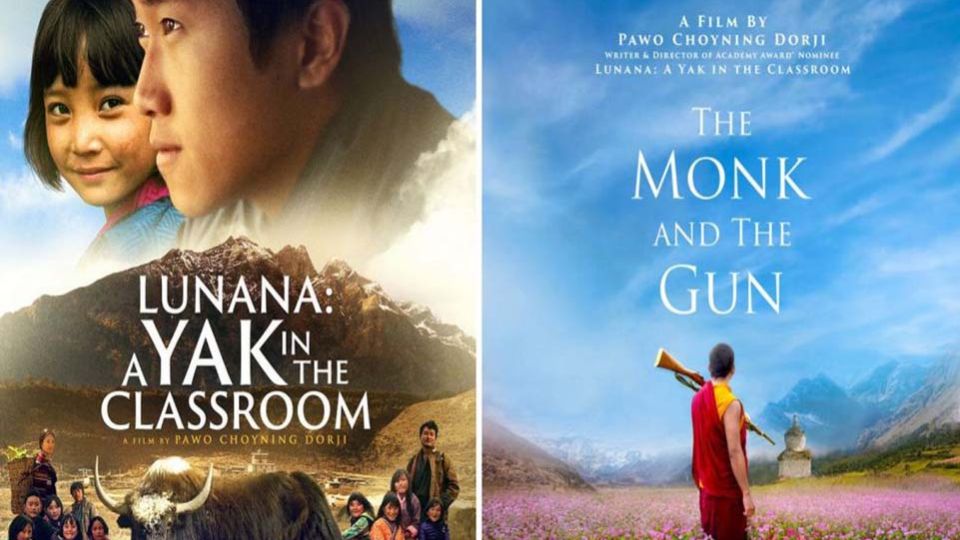July 24, 2024
THIMPHU – The international success of Oscar-nominated director Pawo Chonying Dorji’s films, ‘Lunana: A Yak in the Classroom’ and ‘The Monk and the Gun’, is a remarkable feat for a Bhutanese filmmaker and Bhutan’s fledgling film industry. These two films have collectively grossed over USD 3 million at the international box office so far.
The commercial and critical success of these films is a clear indication of the immense potential of Bhutanese cinema. What the government and the Bhutanese film industry must do now is build on this success, learn from this experience, and replicate this success-story across the industry.
However, Bhutan’s film industry isn’t without problems. A slew of challenges affects the growth of the industry – limited market, lack of quality and professional standards, shortage of essential infrastructure, including state-of-the-art studios, post-production facilities, and distribution networks, and recently, brain drain, to name a few. In addition, much of the film industry operates informally, without standard practices, contracts, or legal protections, which hamper the growth and professional development.
All these challenges gravely undermine the potential of the Bhutanese creative professionals and the long-term sustainability of the industry. A lot needs to be done to overcome these challenges and replicate Pawo’s success on a larger scale.
Bhutanese filmmakers and producers should aim to create films that appeal not only to local audience but also international viewers. This requires a dramatic shift in mindset and a focus on stories that, while rooted in our Bhutanese culture and ethos, must have universal themes and emotions. By doing so, filmmakers can tap into larger markets and secure greater financial returns.
The government has a crucial role to play in facilitating the growth of the film industry. There is a strong need to simplify regulations and bureaucratic processes for film production and distribution. Financing mechanisms through grants, subsidies, and low-interest loans for larger, international projects need to be put in place. And importantly, the government must facilitate collaboration between local and international filmmakers to encourage more international co-productions.
Why should we invest in the arts, and particularly films, when there are so many other national priorities?
The reason is simple. The arts, including the films, represent the soul of our nation. It reflects who we are, as a society, as a nation. Art reflects our values, our ethos, and beliefs. It defines our very existence. Not to forget, just as how the philosophy of Gross National Happiness put Bhutan on the global map, strengthening our national identity and sovereignty, films as cultural and creative export can bolster our international standing. And films like ‘Lunana: A Yak in the Classroom’ and ‘The Monk and the Gun’ as our cultural ambassadors have just done that, and more.
Through films, we share our unique stories, culture, and rich heritage. But above all, it also helps us fortify our national identity and sovereignty as a nation. If for nothing else, this should be a solid reason why we must invest in films, and why we must harness the soft power of the arts.


